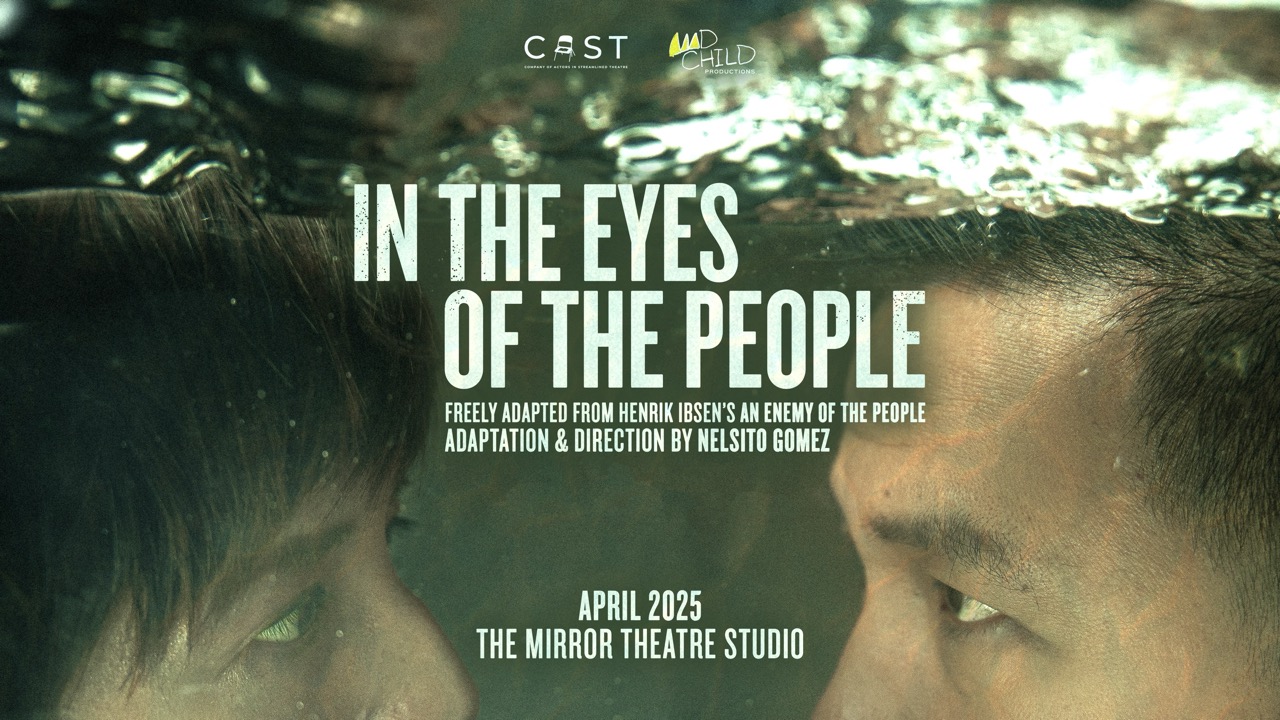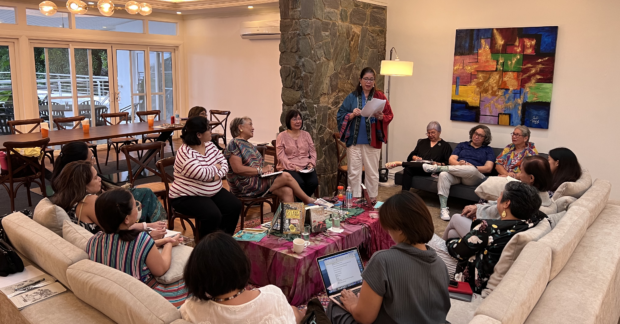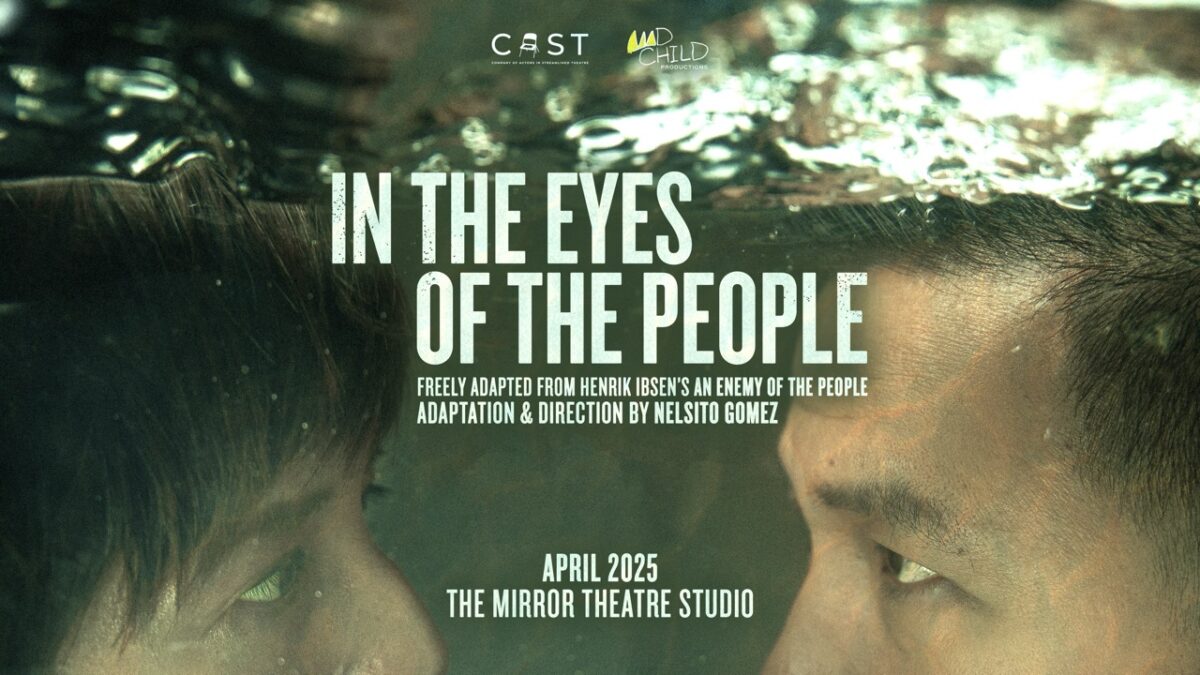
Proclamation No. 472 (2003) declares the third week of October as National Attention Deficit Hyperactivity Disorder (ADHD) Week. ADHD is a chronic brain disorder with social, academic and emotional effects. Misunderstanding and stigma limit access to treatment, increasing risks of conduct disorders and antisocial behavior. Untreated, it can lead to higher dropout rates, abuse, and neglect. Around 70 percent of juvenile offenders and 40 percent of adult prisoners have ADHD.
Many with ADHD are intelligent, creative and energetic. With proper support, they can live productive lives and contribute to society.
Eighth-grader Armand (not his real name) misbehaved purposefully during Mass at school to be penalized with running laps outside the field because he preferred moving over staying put. His parents were distraught over his other strange behaviors which he hasn’t outgrown.
His story resembles Ryan Rey Lastra’s, who scaled the school fence and swam at the clubhouse next door. He couldn’t sit still, was disorganized and hyperactive in class, and had trouble communicating with his teachers and classmates.
When Lastra failed an entrance test to a big school, the administrators advised his parents to take him to a special school. They said he had a learning disability, so his parents had him diagnosed in 1984.
“I was about 4 years old. I was asked to draw different things, like trees, cars and family, and the examiner asked me to explain my drawings,” Lastra recalled. “After the interview, I was hooked up to a machine. I can’t recall what it does, but I had tubes attached to my head. It was done at the Metropolitan Psychological Corp., and the official finding was ‘hyperactive disorder, short attention span, highly distractive.’ ADHD was not a term yet at that time.”
Genetics
ADHD can impact a person’s ability to focus, remain still, and manage impulses. It often runs in families, passing from one generation to the next. Adoption studies suggest that genetics are the primary cause of the disorder. In Lastra’s case, he is the only one in his family with the condition.
While he didn’t see a developmental pediatrician, his treatment from Prep to Grade 6 included behavior modification skills training at Montessori De Manila. “I was given specific tasks, timelines and deadlines outside the regular curriculum. I had one-on-one sessions with the head directress after school, which helped me communicate better,” he said.
At 13, Lastra entered the seminary. “Moving out of our home at an early age and living with other students, having to do chores, schoolwork, play and pray established a system in me that I still use to organize my thoughts and tasks,” he said.
Today, the 45-year-old husband and father of two thrives as a chef, Brazilian jiu-jitsu instructor, and consultant.
He does not recall taking any medication. “If there was, it was for a short period only. As for therapy, I went to a psychiatrist once or twice just to understand what I was going through. My symptoms did not fully disappear but I managed and utilized it, especially working in the kitchen, doing five things at once. Under pressure in a hostile environment, for some reason, I thrived,” he said.
Organizing
Lastra manages his symptoms by doing things that interest him, which is why he has a lot of sports and activities. “I also expose myself to things that scare and stress me out. I was very disorganized, so I consciously tried to organize and follow a pattern in everything I did,” he said.
“I was also introverted and extremely self-conscious growing up, so I exposed myself to public speaking, sales, customer engagement, and coaching.”
His wife Peaches fortunately understands his condition, so she supports all his sports and activities. “She also has a way of getting me back in line if I get too distracted,” he shared.
For those with children newly diagnosed with ADHD, he advised, “Keep them active! Keep exposing them to different activities until they find one they are interested in. It will give them the focus and framework to thrive. They need structure, so stick to it until it becomes a habit.”
Before she became a yoga instructor and personal trainer, Michelle (not her real name) completed law school. When she moved to the United States, she couldn’t practice law without passing the bar exam. Married with kids, she found fitness and got certifications in many disciplines. Eventually, she was diagnosed with ADHD.
Early diagnosis
“I also teach business law at our city college. I tutor college kids every day. The counselors rarely turn down people asking for accommodations as long as they are diagnosed clinically by their psychiatrist,” she said.
Michelle knows many people with ADHD who have professional licenses like her. Unlike what she calls the “unfair ADHD stereotype,” she follows through on all her goals. “I am exceeding my goals by getting a second law license. Most neurotypicals can’t even do that. Also, we are irritable because of the voices in our heads overthinking everything, not because we are angry at the world. That’s a different condition,” she said.
She recommended that children be diagnosed as early as possible so they can be realistic in choosing their professions. “Had I known, I wouldn’t have chosen the lawyer path,” she admitted. “But I’m stuck, so I keep trying to pass the bar exam here without accommodations since I do not have a documented history of ADHD which must have started in childhood.”
In the US, Michelle said that school administrators prepare individualized educational plans (IEPs) for kids with ADHD. They are given a special curriculum and accommodations such as being allowed to record lectures and given more time to finish quizzes, projects, and reports.
“It’s the law here with the American Disability Act. Federal law mandates we be given the accommodations,” she said. “If you have the laws, the schools must spend money to implement the accommodations and hire counselors. Also, placing people with all types of disabilities in one special ed class is barbaric and must change. Kids now attend class with neurotypicals and are just given a different lesson plan.”
Licensed clinical psychologist Eunica Dee offers talk therapy and social skills training for people with ADHD. She stressed the importance of playing sports regularly and avoiding sugar and processed food, as these substances exacerbate ADHD symptoms, especially after noontime. Dee advised kids with ADHD to have a fidget toy to serve as an outlet for their excess energy when they need to stay still, like in class or at church.
They should also avoid watching short-form videos and be encouraged to read books in print to work on their focus. Instead of denying or downplaying their condition, Dee recommended having a supportive, structured environment to give such kids the best chance of thriving. —CONTRIBUTED













































